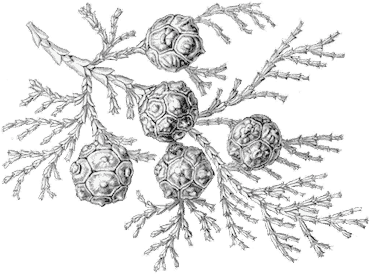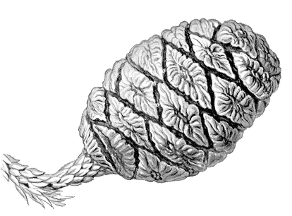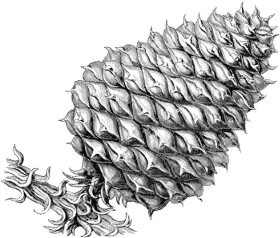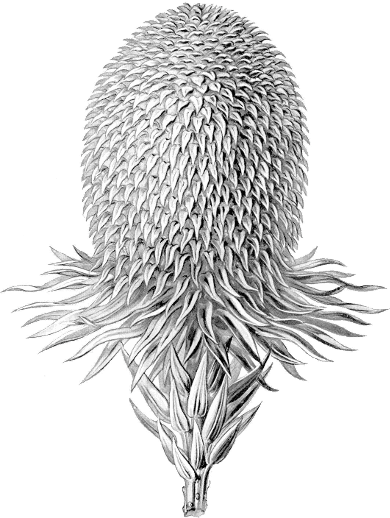
A force directed graph layout algorithm in JavaScript.

Demo | Download | Getting started | GitHub | Contact
Springy is a force directed graph layout algorithm.
So what does this “force directed” stuff mean anyway? Excellent question!
It means that springy uses some real world physics to try and figure out how to show a network graph in a way that looks good.
Here's an example:

Springy.js is designed to be small and simple. It provides an abstraction for graph manipulation and for calculating the layout and not too much else.
The details of drawing and interaction are mostly up to you. This means you can use canvas, SVG, WebGL, or even just plain old positioned HTML elements.
Here's how to create a graph and add nodes and edges:
// make a new graph var graph = new Springy.Graph(); // make some nodes var spruce = graph.newNode({label: 'Norway Spruce'}); var fir = graph.newNode({label: 'Sicilian Fir'}); // connect them with an edge graph.newEdge(spruce, fir);
Once you've created a graph, there are a couple of options for displaying it.
To help get started quickly, I've included a helper jQuery plugin called springyui.js. It's got a semi‑decent default renderer and some half‑assed drag and drop.
Here's how to use springyui.js:
<canvas id="my_canvas" width="600" height="400" /> <script> $('#my_canvas').springy({ graph: graph }); </script>
If you're keen to do your own custom drawing or interaction—there's a few extra things you'll need to know.
The core Springy layout algorithm is in the Springy.Layout.ForceDirected class.
When creating a layout object, there are a few parameters you can tune to make the graph layout algorithm behave how you like:
var layout = new Springy.Layout.ForceDirected( graph, 400.0, // Spring stiffness 400.0, // Node repulsion 0.5 // Damping );
To simplify the layout calculation and animation rendering loop, I've provided a Renderer class. You just need to provide some callbacks to do the actual drawing:
var renderer = new Springy.Renderer( layout, function clear() { // code to clear screen }, function drawEdge(edge, p1, p2) { // draw an edge }, function drawNode(node, p) { // draw a node } );
Then to start the rendering loop:
renderer.start();
Protip: Take a look at the source code of springyui.js to get an idea of how to write your own renderer—it's a good place to start. Feel free to copy‑paste what you need.

Take a look at the source code of springy.js. Don't be shy—there's not that much code and it should be pretty easy to understand.
Please let me know if anything is unclear. Feedback is welcome. :-)

Springy is licensed under the MIT license.
Contributions are welcome and highly encouraged. Please submit a pull request for fixes, features or enhancements.
Thanks to Lachlan Donald for his helpful suggestions and feedback.
Thanks to Ernst Haeckel for the beautiful illustrations of various Coniferae.
